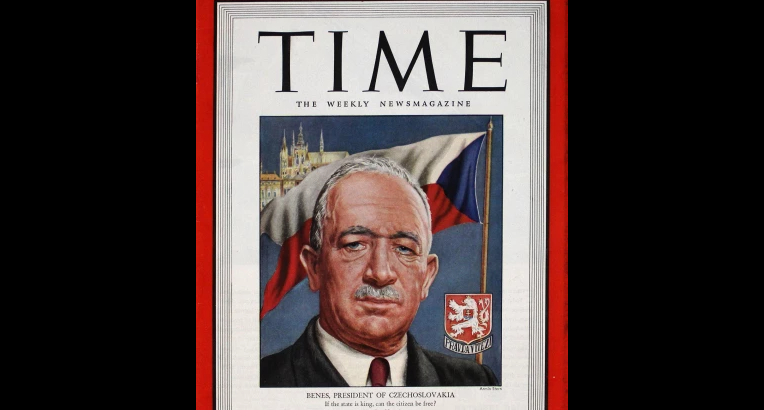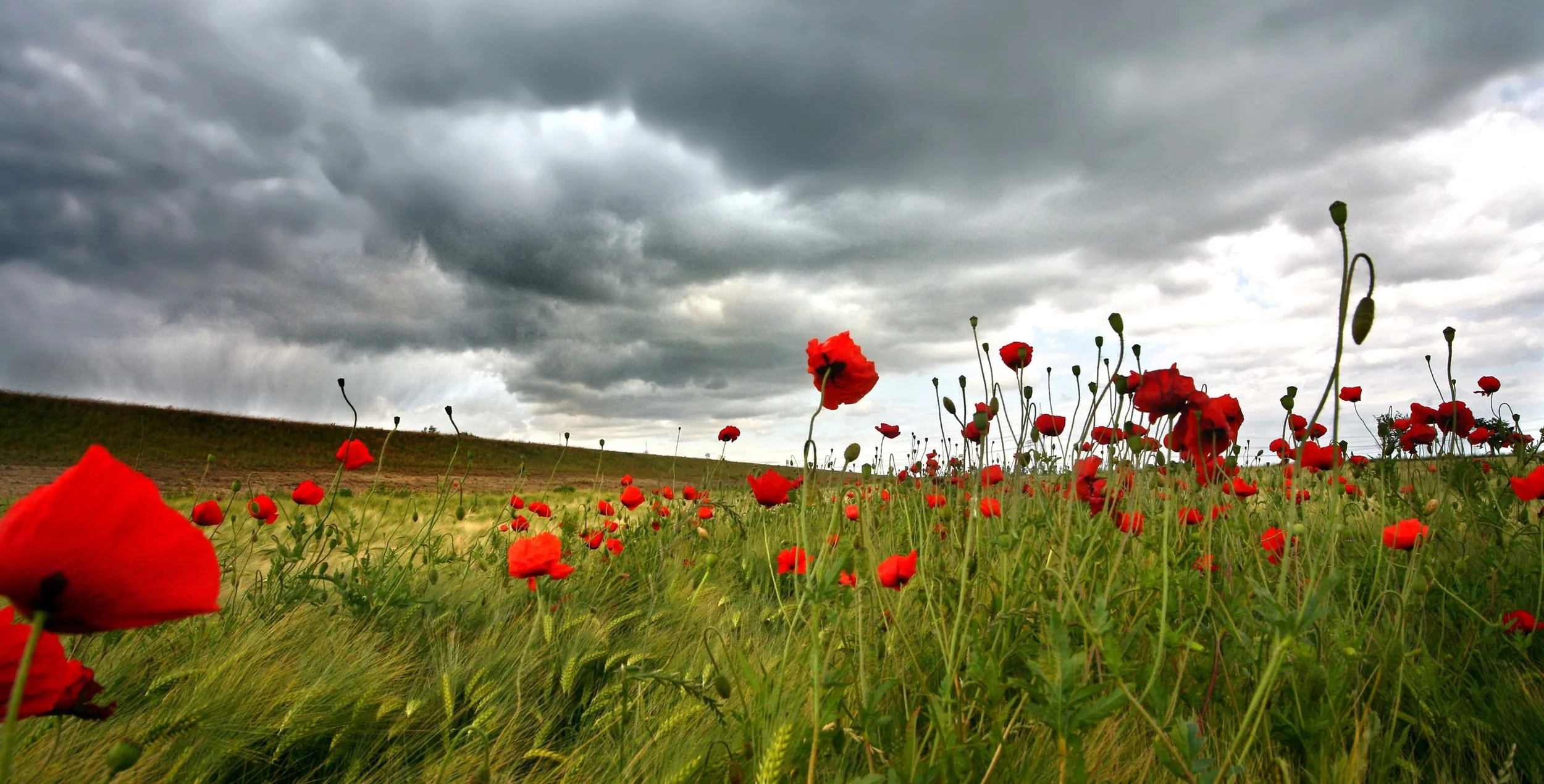Many know the life and legacies of Tomáš Masaryk and Edvard Beneš, two Czechs who helped to found Czechoslovakia. However, there was a third person who played a very important role in the founding of the country: a Slovak named Milan Štefánik. Before he participated in the founding of Czechoslovakia though, he was first an astronomer and aviator.
Vlasta Adele Vraz: A Czech-American during Communist Czechoslovakia
Vlasta Adele Vraz was a Czech-American who served as the director of American Relief for Czechoslovakia after World War II and was arrested as a spy by the Communist government in Czechoslovakia. She was released, becoming the president of the Czechoslovak National Council of America. She spent most of her life before World War II surrounded by writers and writing for her family’s newspaper, the “Svornost.” After her release, she continued as an editor for the American Bulletin and Vestnik before her passing in 1989.
Tomáš Masaryk and the United States
Tomáš Masaryk, the first president of Czechoslovakia, was inspired by the freedom and democracy of the United States. While negotiating for Czechoslovakia’s independence, Masaryk developed not only a political relationship but also a personal and intellectual one with the United States. During the First World War, he was exiled after siding with the Allied Powers, but did not give up on garnering support from his fellow Czechoslovakians. The Lansing Declaration of May 1918 was one of many important moments in the future creation of the Czechoslovak Republic.
Oldřich Kulhánek and the Czech Koruna
Oldřich Kulhánek was a Czech artist and critic of the Communist Regime best known for his work on designing the current Czech banknotes. His career began in 1958 at the Academy of Arts, Architecture and Design in Prague. During his young life, his politically motivated art would get him arrested and the art almost destroyed since he negatively portrayed Communist leaders. After the collapse of the Soviet Union, Oldřich Kulhánek was once again free to express his views through his art and was tasked with designing the bills of the Czech Koruna.
A History of Czech Feminism
The once egalitarian, agrarian society of Bohemia became ruled by the Hapsburg Dynasty, causing a regression in women’s rights until Christianity helped improve their lives. The National Revival brought the creation of Czechoslovakia and greater rights for women. When communism came, rights improved in some ways and did not in others. The change to a capitalistic democracy brought further changes.
Czech National Revival
A response to increased Germanization, the Czech National Revival revived Czech literature, language, history, and politics. Increased nationalism marked this period of cultural revival. The movement started before the 19th century with Czech intellectuals such as Josef Jungman and Josef Dobrovský becoming more discontent with the decrease in Czech culture, language, and national identity. Czech national identity also involved realism, rejecting the romanticism of the past, which was considered “anti-nationalist.” With the end of the Great War, the goals of the National Revival movement were successfully met.
Edvard Beneš (28 May 1884 - 3 September 1948)
Edvard Beneš was born in Kozlany, Bohemia during the Austro-Hungarian Empire’s rule, but by October 14, 1918, he lived in a different nation, as the empire collapsed in place of the then-new Czechoslovakia. He served as the council chairman for the League of Nations to support the balance of powers in Eastern Europe, creating the “Little Entente.” Eventually, Beneš would succeed Masaryk as the Czechoslovakian president, faced with the threat of Germany, and the rest is history.
A Scalpel, Two Annas, and a Glass Ceiling
This article describes the lives of two Annas, Bayerova and Honzakova, who pursued medicine during the era of women's suffrage. Both doctors faced obstacles to their passions, but prevailed, such as Anna Bayerova graduating from the University of Bern due to being unable to receive her degree in Czechoslovakia. Anna Honzakova had an easier time pursuing medicine but was initially refused participation in her exit exam until the University of Prague relented.
Mother's Day in Czechia: Charlotte Masaryk
Through history, celebrating Mother’s Day in the Czech Republic was more complicated than one could imagine. It begins with the wife of Tomas Masaryk, Charlotte, who fought for women’s rights and taught her daughter, Alice Masarykova, to do the same. After her mother’s death, Alice established Mother’s Day in 1923. The complications of Mother’s Day lasted for a long time, into Czechoslovakia’s Communist occupation.
An Army with No Country: A Siberian Odyssey
It’s the First World War, and the Czechoslovaks must get their soldiers from Ukraine to France, but without going through a Central Powers country or a sea without enemy ships. What do they do? Naturally, they go East: fight through the Bolsheviks, take over the Russian railway network, capture most of Siberia, and reach Vladivostok before the ships arrive to get you home. All this while losing less than 10% of your men over three years of fighting. It might sound crazy, but this is just the 2nd part to the story of the Czechoslovak Legion.
An Army with No Country: The Czechoslovak Legion in Europe
They were men without their own country, living split up among not one, but two mighty empires. When the Great War broke out and those empires began to crumble, those men took up arms in the struggle and fought so that one day they too would have their own nation. These were the men of the Czechoslovak Legion.













